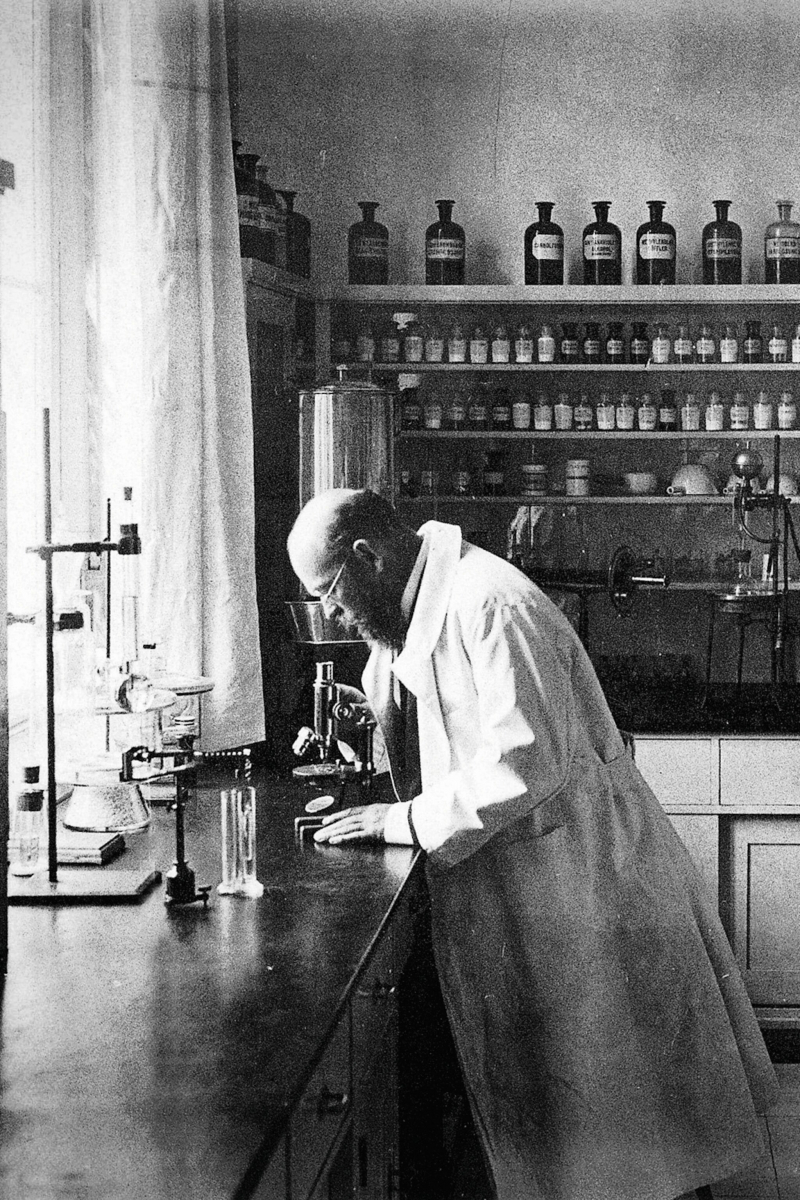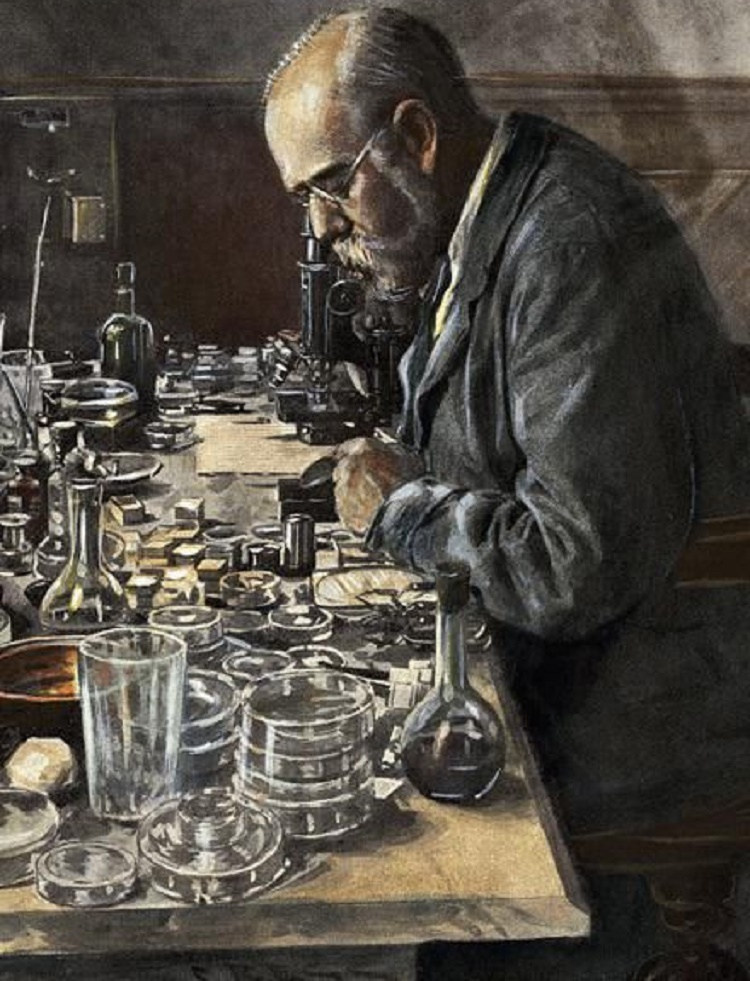Koch's early training enabled him to accomplish a lot
Koch temporarily served as an assistant in the General Hospital of Hamburg after graduating in 1866. He relocated to Idiot's Hospital of Langenhagen, close to Hanover, in October of that year to work as a general practitioner. He relocated to Neimegk in 1868 before going to Rakwitz in 1869. He volunteered in the German army as a volunteer medic in 1871 to aid in the war effort after the Franco-Prussian War broke out. A year after his release, he was hired as a district doctor at Wollstein, Prussian Posen (now Wolsztyn, Poland). His wife got him a microscope for his birthday after his family moved in. He established a private laboratory and began his profession in microbiology using the microscope.
In a lab attached to his patient examination room, Koch started his study of microbes. One of his greatest contributions to the discipline of microbiology came from his early work in this lab when he invented the method for culturing bacteria. He also succeeded in isolating and cultivating a few diseases in a pure lab culture. Koch made the case in his first work, which was published in 1870, that parasitic organisms were to blame for infectious illnesses' occurrence and spread. Ferdinand Julius Cohn, a professor at the University of Breslau, was much impressed by his discovery of the anthrax bacillus and helped him publish the finding in 1876. Koch was asked to demonstrate his new bacteria there in 1877 by Cohn, who had founded the Institute of Plant Physiology.
In 1879, Koch was appointed district physician in Breslau. When he was appointed a government advisor at the Imperial Health Office a year later, where he served from 1880 to 1885, he went to Berlin. He was elevated to the high executive post of Geheimer Regierungsrat in June 1882 as a result of his identification of the TB bacteria. Koch was given two jobs at Berlin University in 1885, one as a professor and the other as an administrator. After, he was appointed Chair (Professor of Hygiene) of the Faculty of Medicine as well as Director of the Hygienic Institute. He was made a Freeman of the City of Berlin and Surgeon General (Generalarzt) Class I in 1890. He was fortunate to friend scientists like Ehrlich, von Behring, and Kitasato among his colleagues at the new Institute for Infectious Diseases, where they produced significant discoveries.










